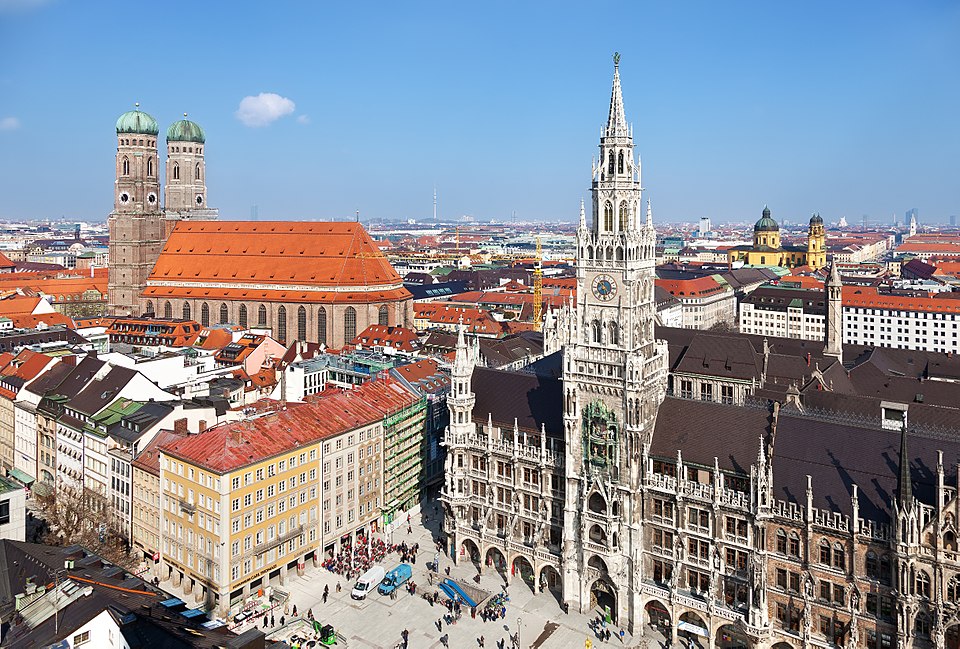

Curated experiences in München
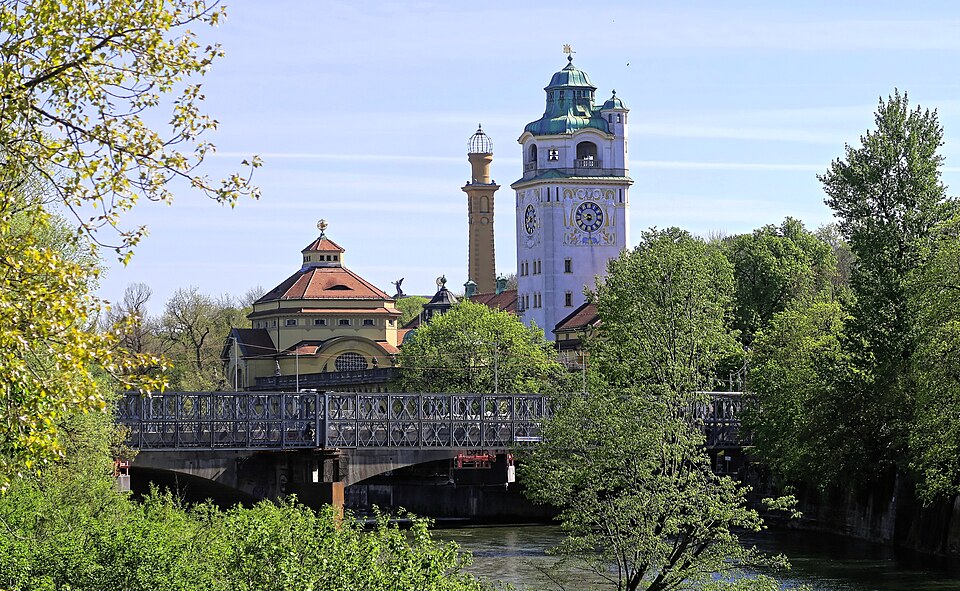
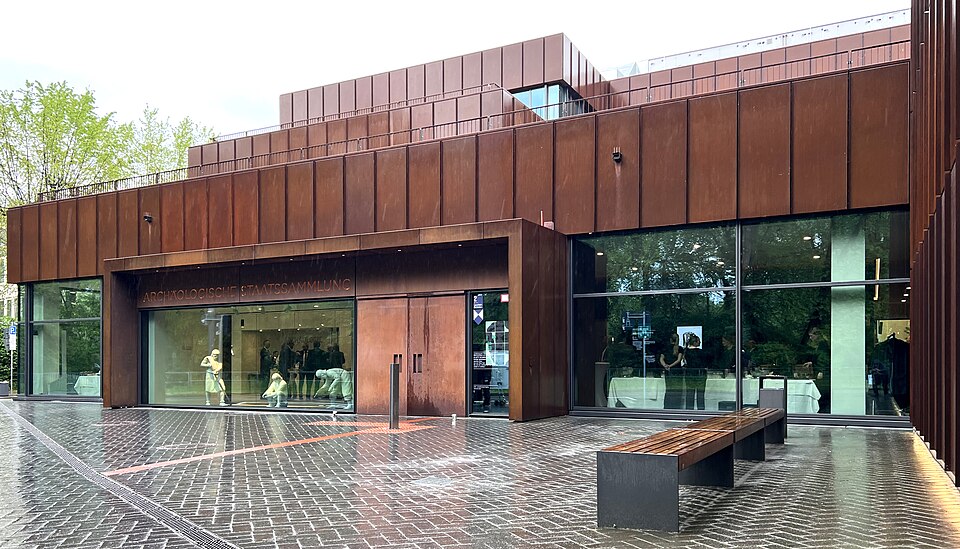
The Bavarian State Archaeological Collection (German: Archäologische Staatssammlung, until 2000 known as the Prähistorische Staatssammlung, State Prehistoric Collection) in Munich …
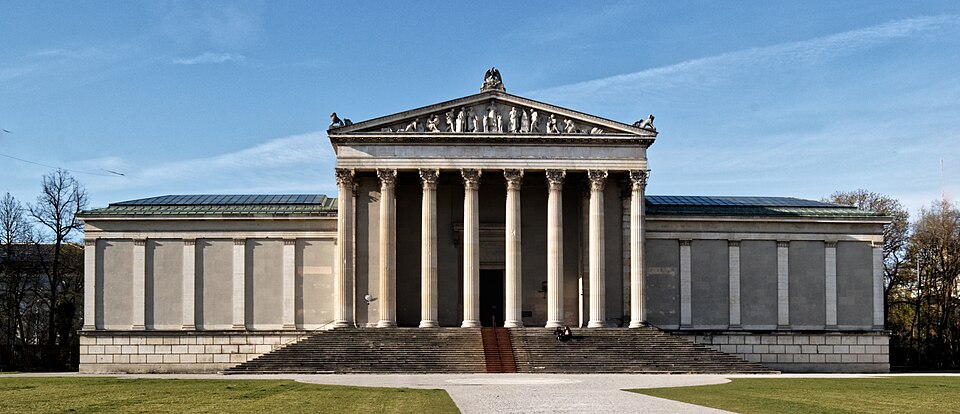
The Staatliche Antikensammlungen (German: [ˈʃtaːtlɪçə anˈtiːkənˌzamlʊŋən], State Collections of Antiquities) is a museum in Munich's Kunstareal holding Bavaria's collections of …
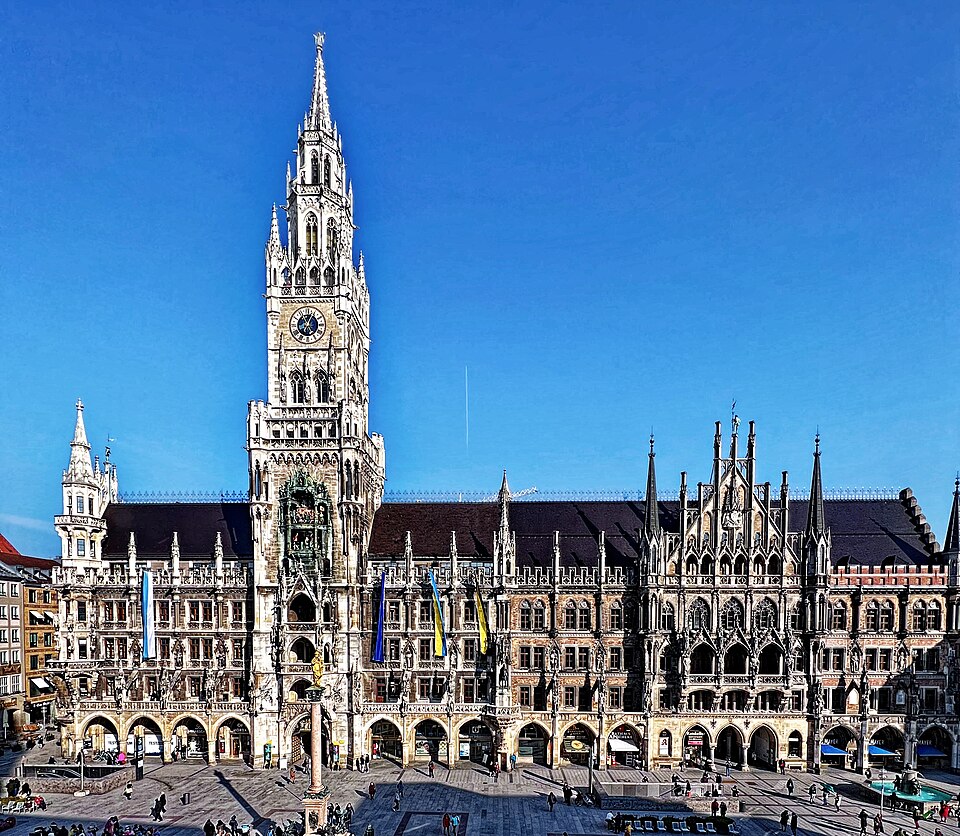
The New Town Hall (German: Neues Rathaus) is a town hall that forms the northern part of Marienplatz in Munich, …
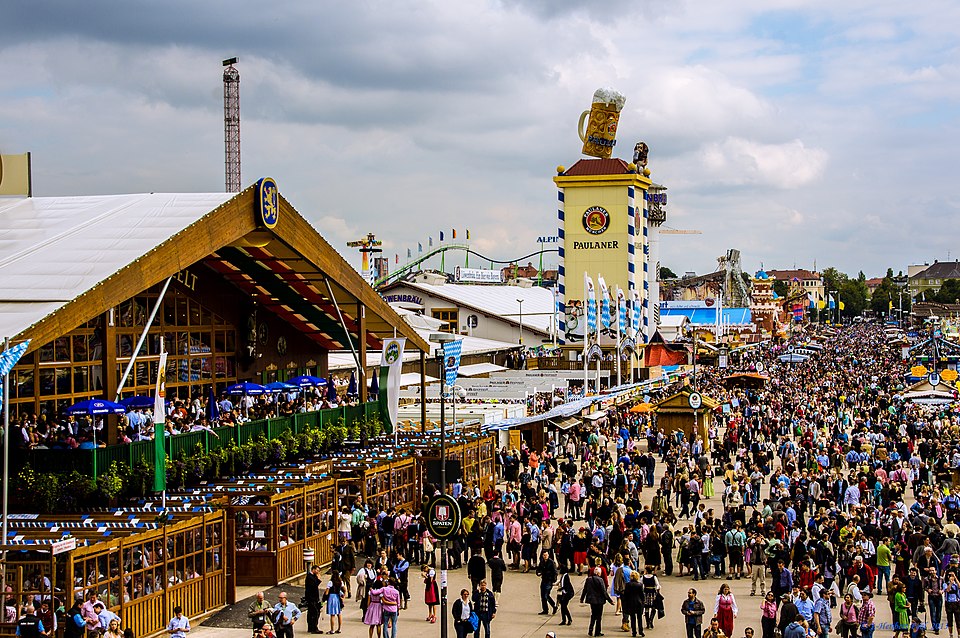
Oktoberfest (German pronunciation: [ɔkˈtoːbɐˌfɛst]; locally d'Wiesn) is the world's largest Volksfest (German for “folk festival”). It combines a beer festival …
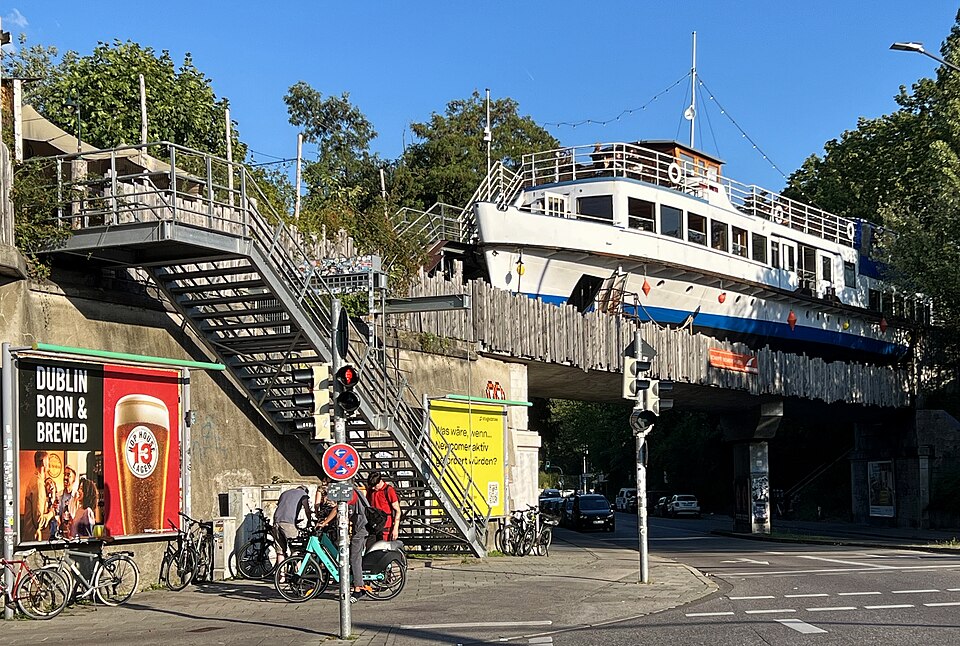
The Alte Utting is a bar, nightclub and music venue in Munich. The decommissioned, land-bound passenger ship is placed on …
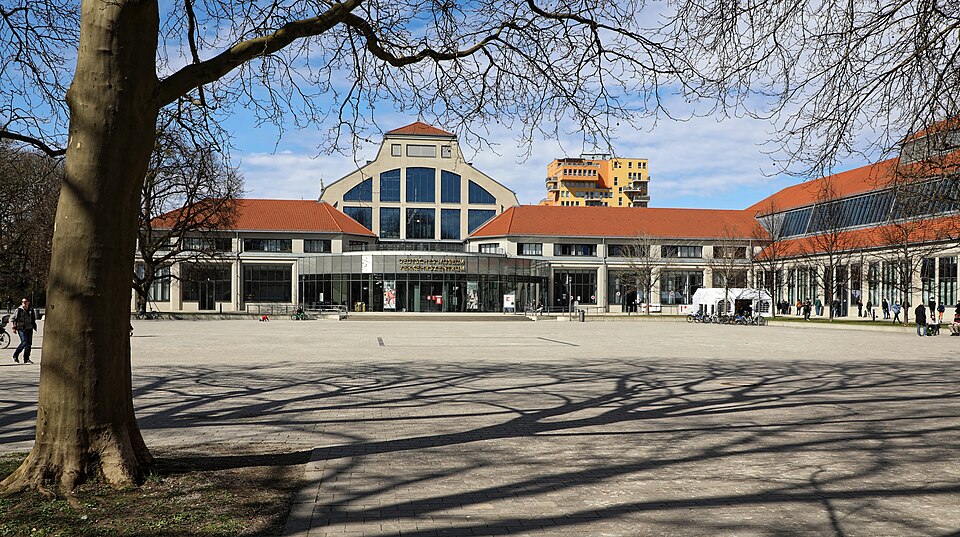
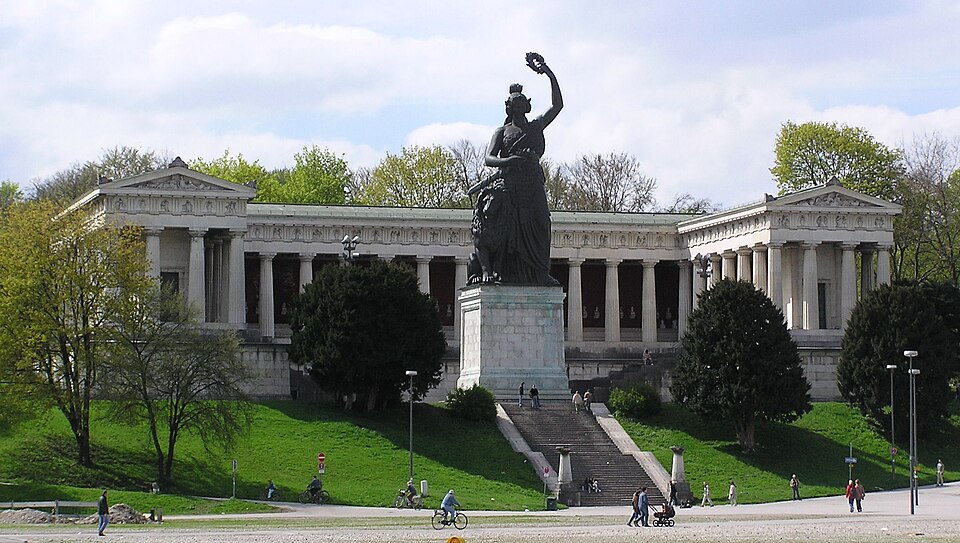
The Ruhmeshalle (German pronunciation: [ˈʁuːməsˌhalə], lit. 'Hall of Fame') is a Doric colonnade with a main range and two wings, …
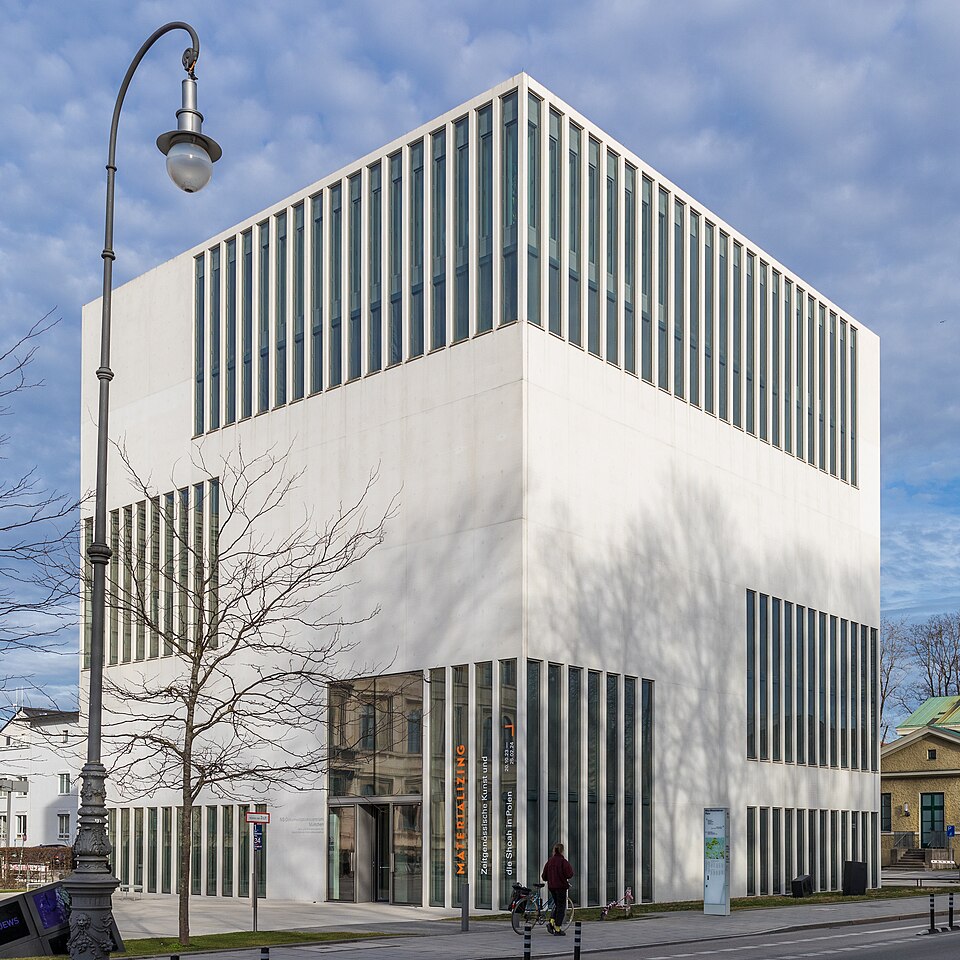
The NS-Dokumentationszentrum (NSDOKU) is a museum in the Maxvorstadt area of Munich, Germany, which focuses on the history and consequences …
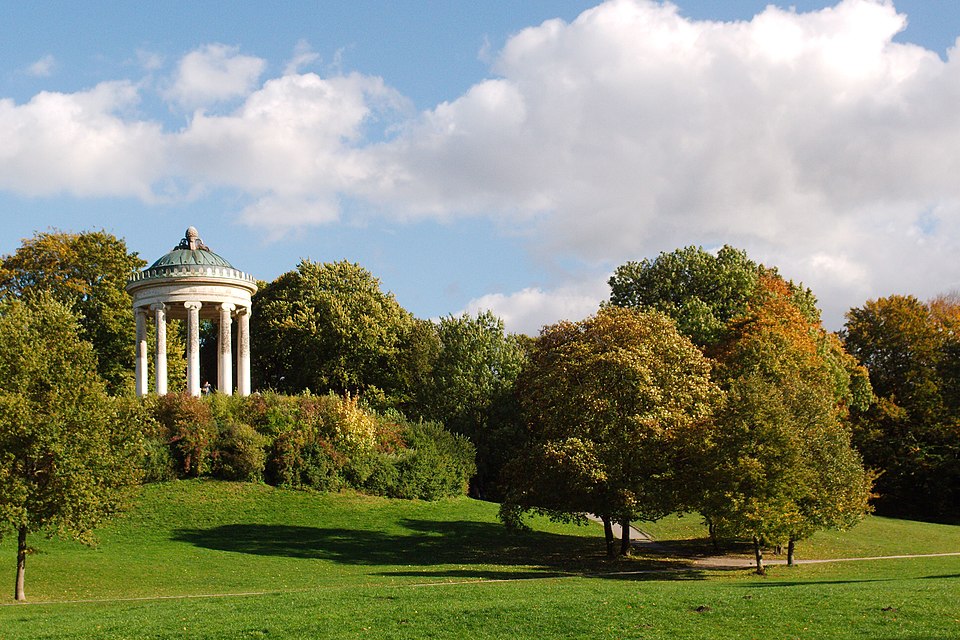
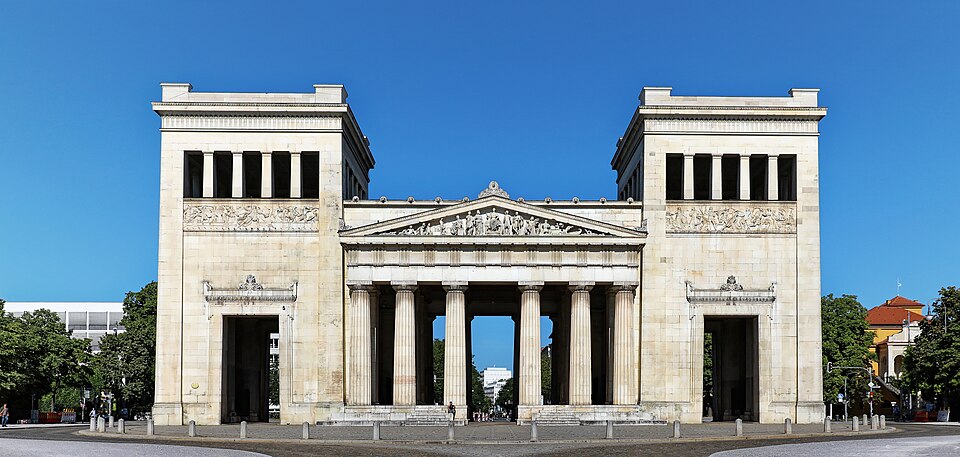
The Propylaea (German: Propyläen) is a city gate in Munich at the west side of Königsplatz.
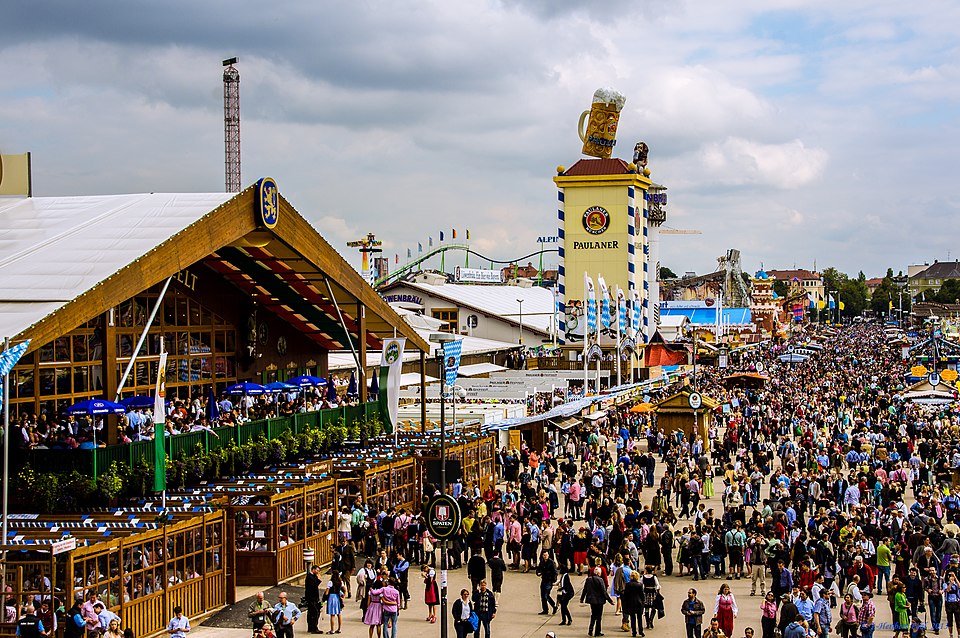
Oktoberfest (German pronunciation: [ɔkˈtoːbɐˌfɛst]; locally d'Wiesn) is the world's largest Volksfest (German for “folk festival”). It combines a beer festival …
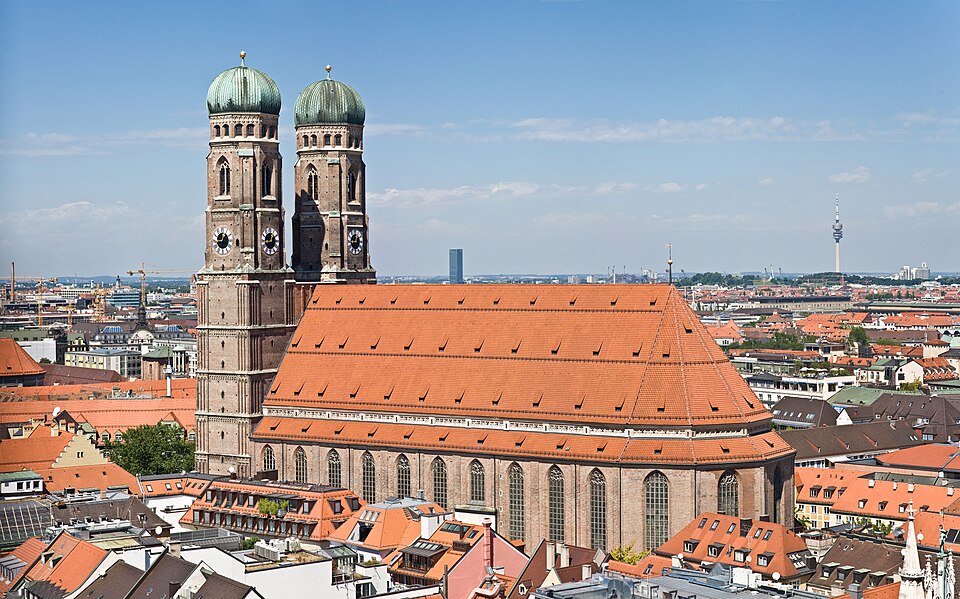
The Frauenkirche (Full name: German: Dom zu Unserer Lieben Frau, Bavarian: Dom zu Unsra Liabm Frau, lit. 'Cathedral of Our …
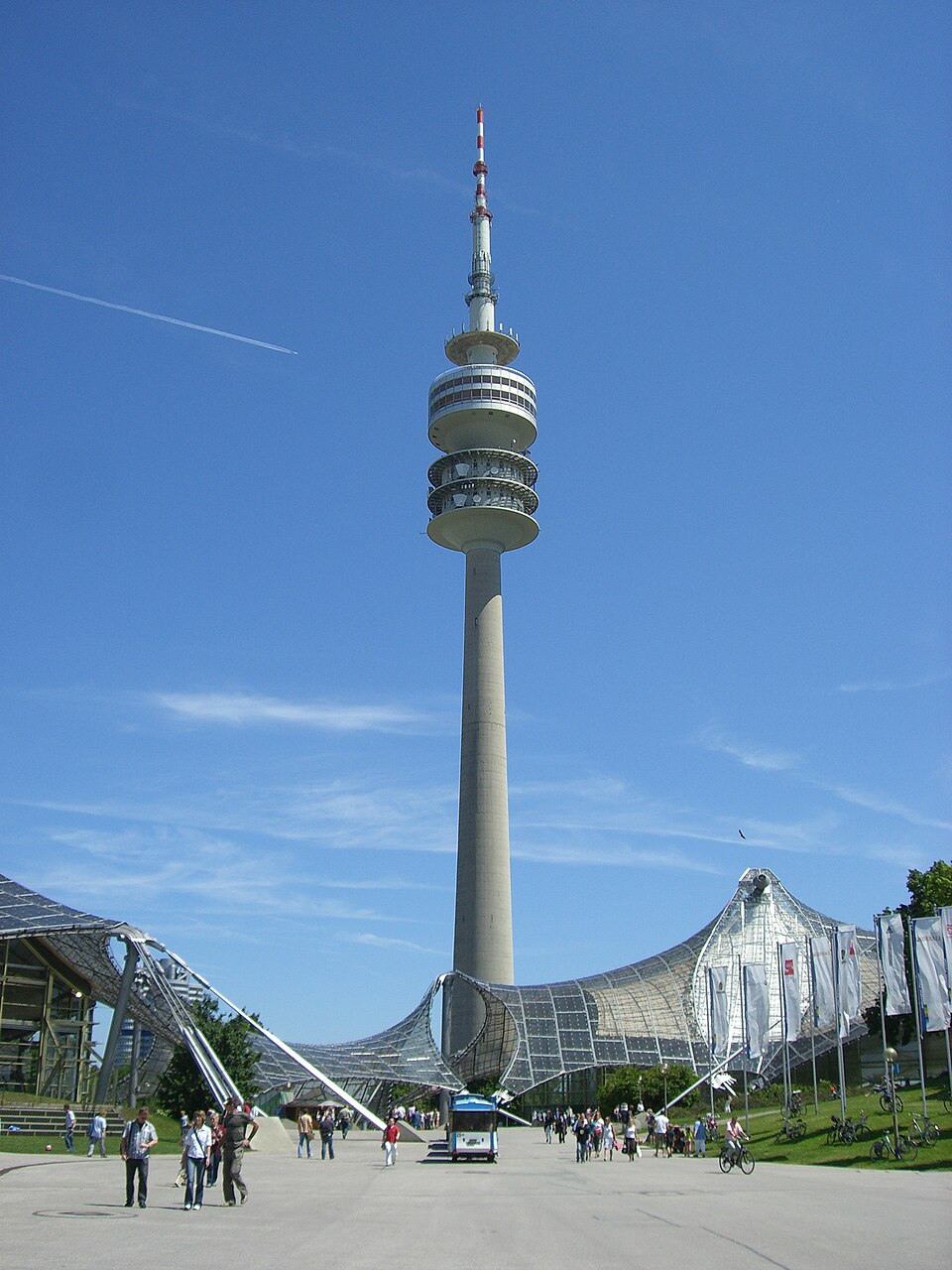
The Olympic Tower (German: Olympiaturm) in the Olympic Park, Munich has an overall height of 291 m (955 ft) and …
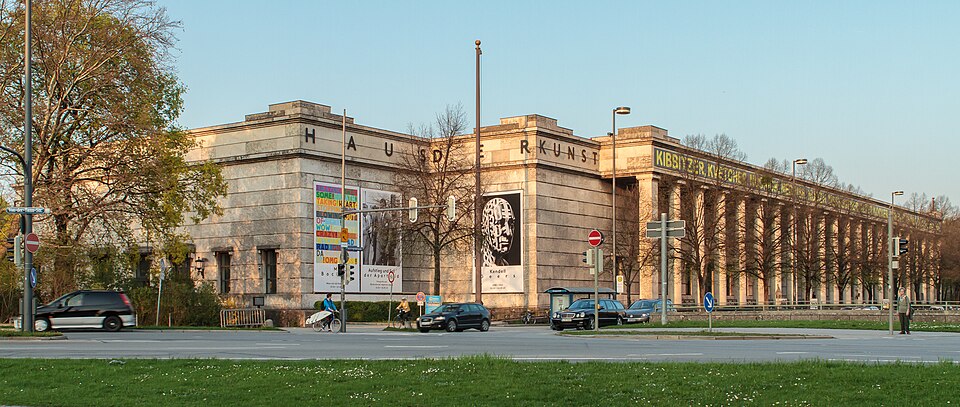
The Haus der Kunst (German: [ˈhaʊs deːɐ̯ ˈkʊnst], House of Art) is a museum for modern and contemporary art in …
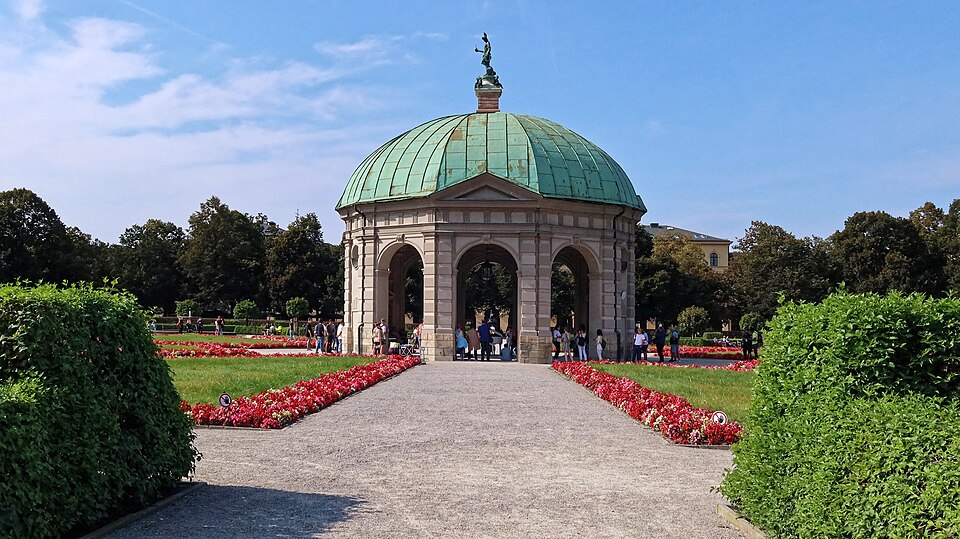
The Diana Temple in the Munich Hofgarten, the garden of the Munich Residenz, is a twelve-sided gazebo from the Renaissance …
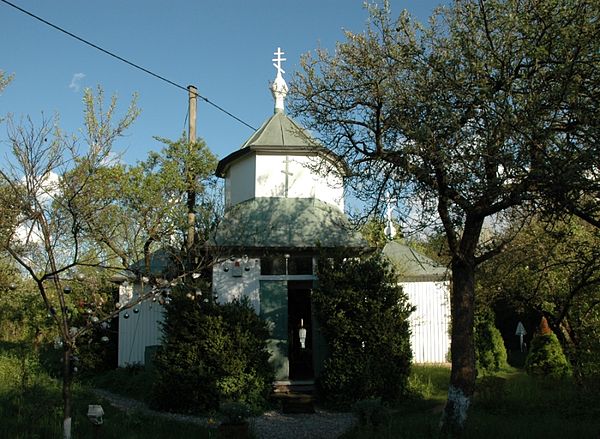
The East-West Peace Church (German: Ost-West-Friedenskirche), also known as the Church of Father Timofej (German: Kirche von Väterchen Timofej), was …
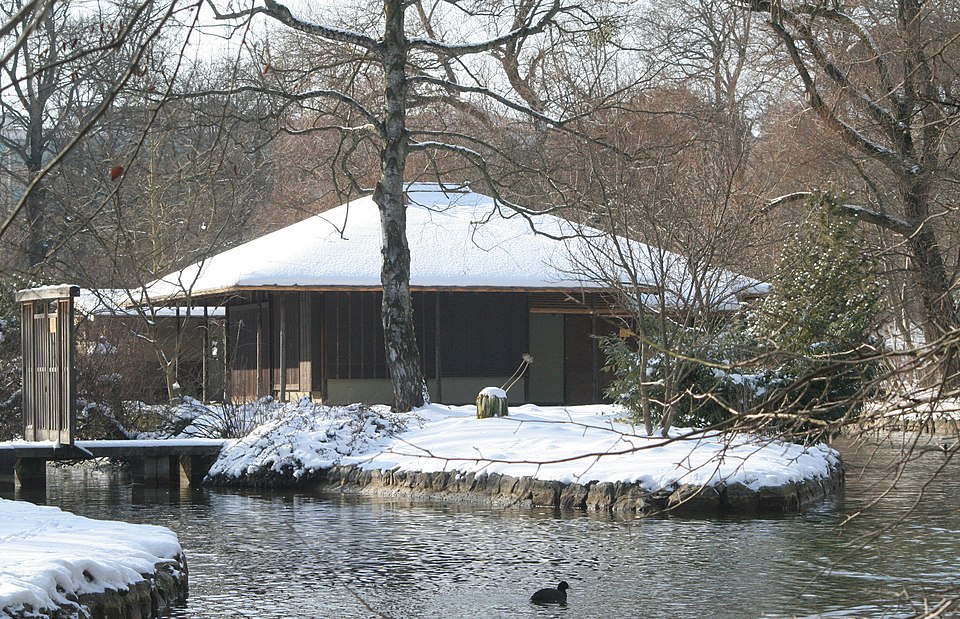
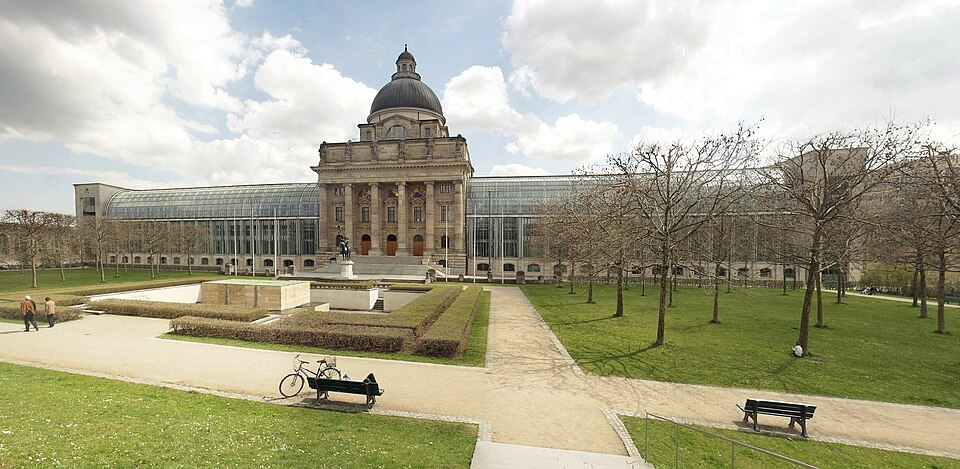
Bayerische Staatskanzlei (Bavarian State Chancellery) is the name of a state agency of the German Free State of Bavaria and …
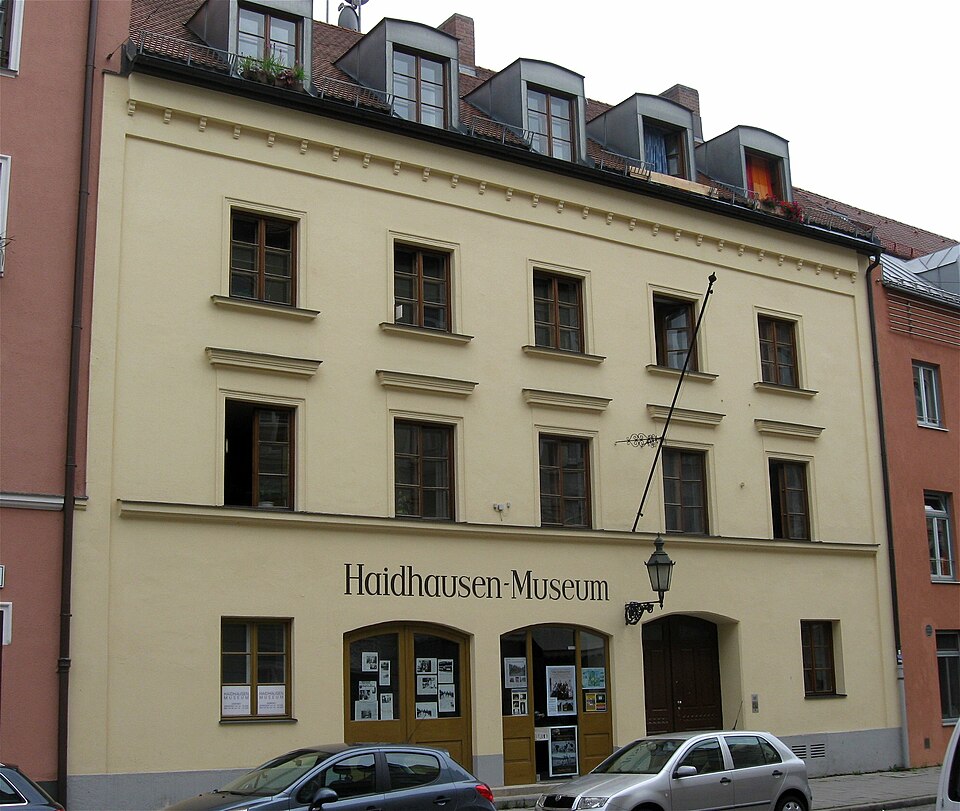
Create a personalized itinerary and unlock the finest experiences München has to offer
Plan Your Trip